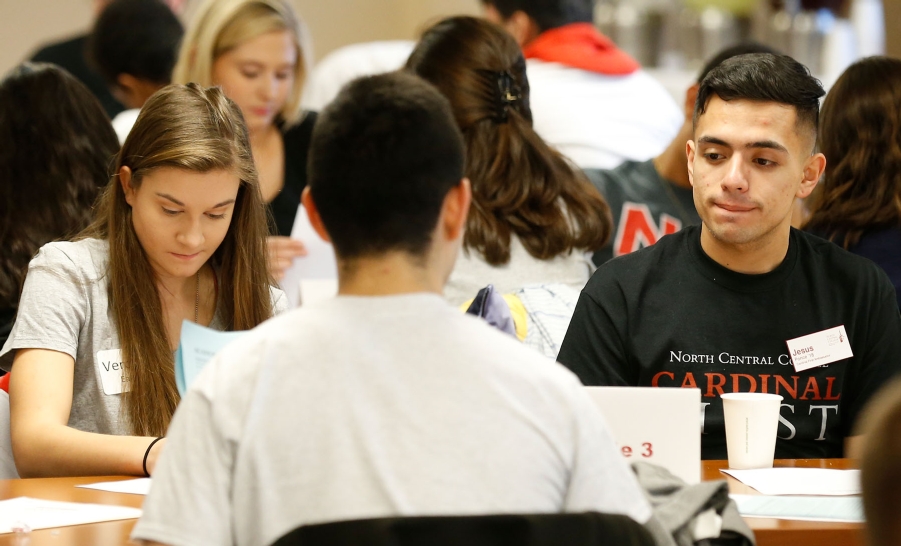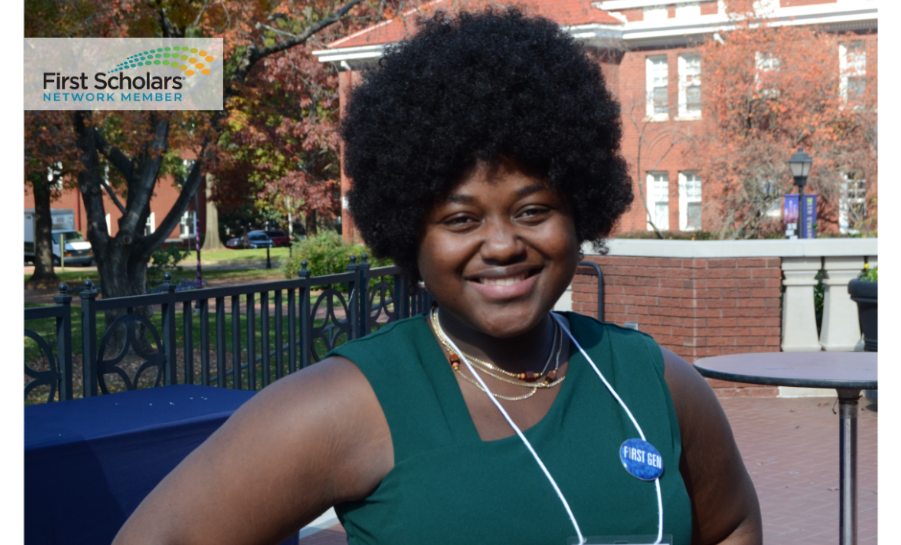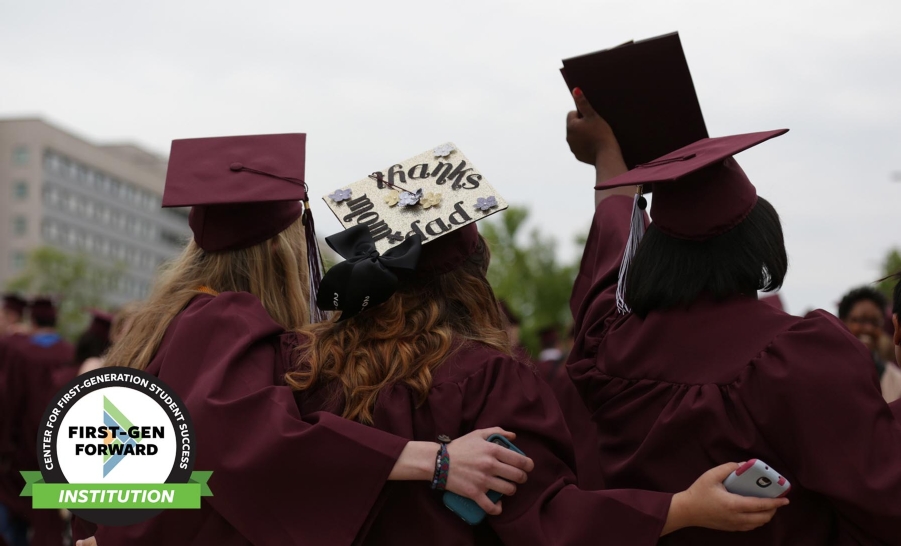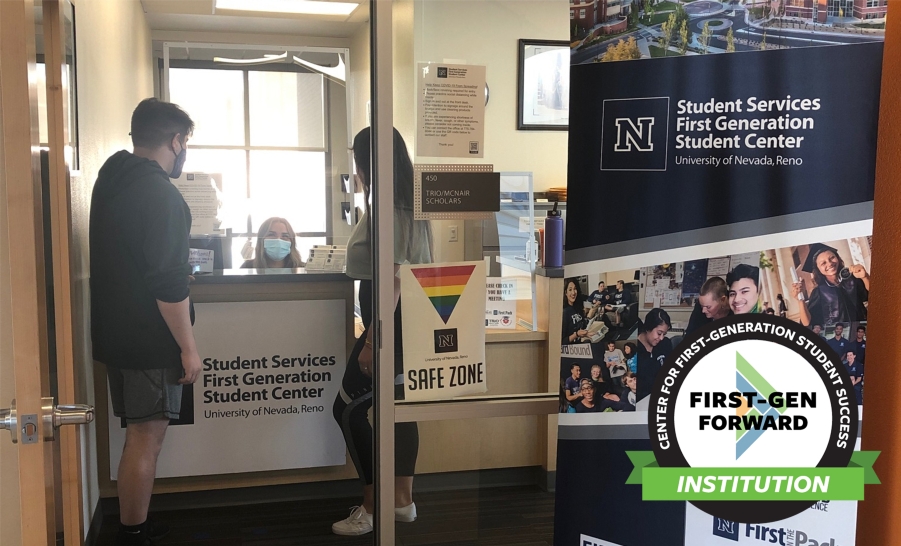Staying Inspired working with First-generation College Students
Clara Dwyer, Marquette University / FirstGen Forward / April 06, 2022
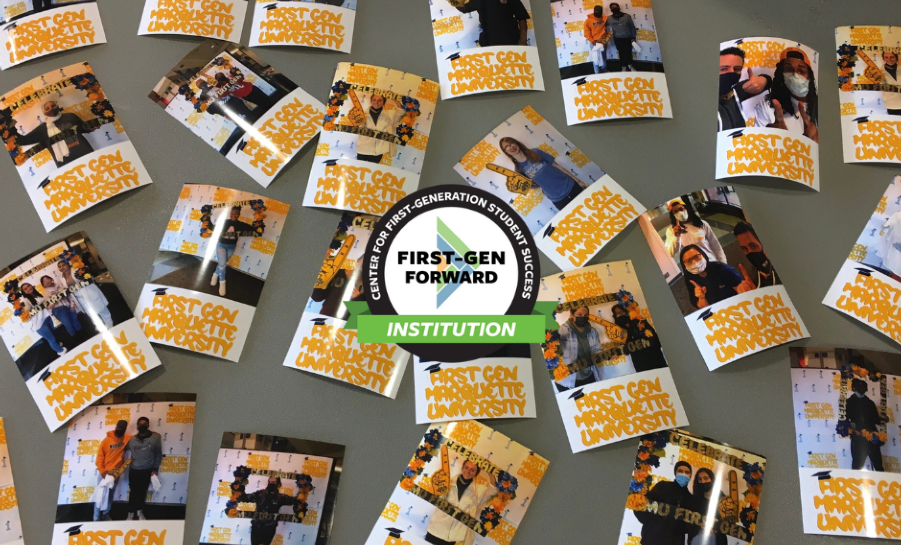
In working with first-generation college students during a pandemic, I have found moments when I feel challenged in staying motivated, particularly near the end of each semester when energy is waning. Students are facing personal challenges that have finally come to light when grades are not what they expected, tuition invoices for the following semester are sent, and generally, the stress level creeps up. It is important to reflect upon some of these annually recurring trends, including those that happen in our natural environments.
To combat the doldrums and to light the spark that helps us to continue in our work, I offer these three points that have kept me inspired:
1. The Power of Validation: Maybe you’re thinking, “students” are an easy go-to when trying to stay inspired, but I present the challenge of setting the time aside to consider when you personally validated a student’s presence on your campus. I point specifically to Rendón’s Validation Theory (1994), which some of us may have picked up during our Student Affairs graduate courses, because it may assist in recalling even the smallest interaction that altered a first gen student’s course to persist at your institution. As an invisible, intersectional identity, the validation and connection with a first gen students’ story or journey could inspire something you had not thought of before.
2. Your institution’s land acknowledgement*: It is worth the time to recognize the natural, physical space in which you inhabit and how it may help you ground your purpose. We work in education for a greater cause. For me, my purpose in working with first generation students leans toward justice and to help them better understand their past, their present, and how they may use their college degree for the greater good, whether it be for their family, their community, or our society at large.
*Why are land acknowledgements important?
3. Your first-gen graduate colleagues: Take the intentional step to set aside 30 minutes to chat and ask them, what or who inspires you to do the work? You might find that the conversation alone helps you to know you’re not alone, make a connection, and who knows? They may also inspire you! We at Marquette have a First Gen Network in which you may also serve as a connection for others.
References
Linares, L. I. R., & Muñoz, S. M. (2011). Revisiting validation theory: Theoretical foundations, applications, and extensions. Enrollment Management Journal, 2(1), 12-33.
Rendon, L. I. (1994). Validating culturally diverse students: Toward a new model of learning and student development. Innovative higher education, 19(1), 33-51.
